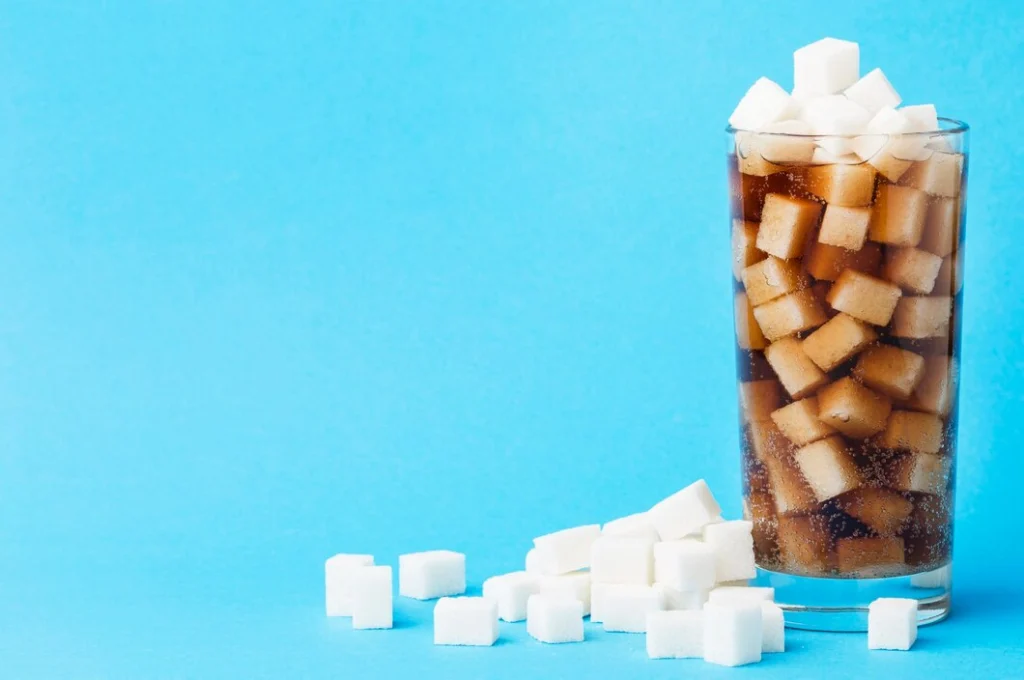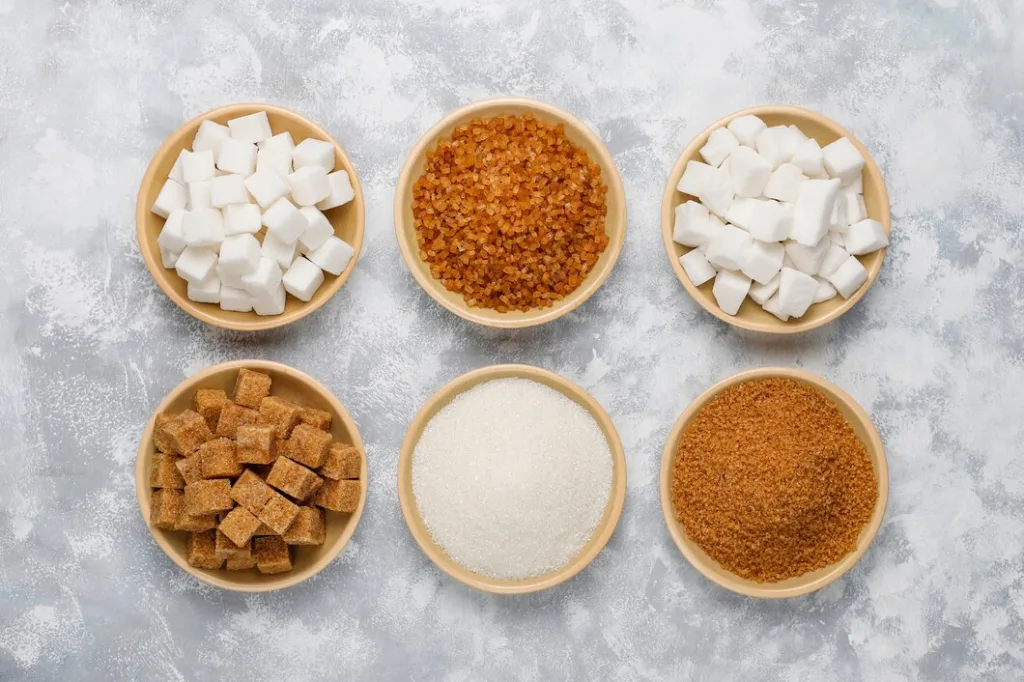We are all well-aware of the health risks that are associated with sugar. It has been linked to a variety of problems such as obesity, heart disease and tooth decay. As a result of this, many of us have turned towards sugar alternatives in an attempt to satisfy our sweet tooth without destroying our body. However, there has not been as much of a focus on the health effects of these sugar alternatives as there is on sugar, specifically on one of the most popular sugar alternatives: aspartame.

Aspartame Health Risks
Aspartame is one of the most popular sugar substitutes, but it comes with risks that many people aren’t aware of. While it’s often seen as a healthier option due to its low calorie content, it can lead to aspartame poisoning, causing a range of harmful side effects. This sweetener is especially dangerous for those with a genetic disorder called phenylketonuria, as they can’t properly process one of its key ingredients, phenylalanine.
Aspartame and Phenylketonuria
Phenylketonuria is a condition that people are born with that makes them unable to properly digest an amino acid called phenylalanine. This amino acid also happens to be one of the main components of aspartame, making it incredibly dangerous for individuals with this condition to consume it.
If individuals with phenylketonuria are exposed to high levels of phenylalanine than they can experience a variety of dangerous side effects including:
- Seizures
- Delayed development
- Behavioral problems
- Psychiatric problems
- Musty odor
- Skin disorders (such as eczema)
Although all of these side effects are very serious and can be incredibly harmful, even deadly at times, the worst side effect caused by phenylalanine is permanent intellectual disability. If young children or babies diagnosed with phenylketonuria are exposed to high levels of phenylalanine it can have permanent effects on their brain as it is still developing, making it very important for young children to avoid any products containing aspartame.
Common Aspartame Side Effects
Even for people without conditions like phenylketonuria, aspartame can still be harmful. A report by the Aspartame Toxicity Information Center revealed that many people experience a range of side effects after consuming it. Some of the most common reactions include headaches, dizziness, confusion, vision problems, and even depression or anxiety. Other issues like irritability, insomnia, and seizures have also been reported. While these side effects may vary, it’s clear that aspartame can negatively impact both physical and mental health in ways that aren’t widely known.

Aspartame’s Impact on Mental Health
One of the most concerning findings about aspartame is its impact on mental well-being. In the report, many people who consumed aspartame reported symptoms like severe depression, anxiety, irritability, and even insomnia. This suggests that aspartame doesn’t just affect physical health—it can also disrupt the nervous system and brain. The fact that such a large number of participants experienced psychiatric symptoms highlights a potential risk that many may not be aware of when choosing this sugar alternative.
Healthier Alternatives to Aspartame
f you’re avoiding aspartame, the good news is that there are plenty of natural sweeteners that can do the job. These options don’t just add sweetness, they also come with their own health benefits, like helping with digestion or managing blood sugar. Here’s a look at some popular choices:
Stevia
Stevia is a plant-based sweetener that’s much sweeter than sugar, but it has barely any calories. It’s great for anyone cutting back on sugar. Plus, it can help manage blood pressure and blood sugar, which is why it’s a go-to for people with diabetes or high blood pressure.
Yacon Syrup
Yacon syrup is a lesser-known option but packs a lot of benefits. It’s full of fiber, which is great for your digestion. Studies also show it might help with weight loss by speeding up your metabolism and curbing your appetite. It’s a sweet alternative with a healthy twist.
Xylitol
Xylitol is a sugar alcohol that tastes a lot like regular sugar, but without the same health concerns. It’s also known for helping prevent cavities and promoting dental health. On top of that, it’s safe for diabetics since it doesn’t raise blood sugar levels.

Monk Fruit Sweetener
Made from a small melon, monk fruit sweetener is another sugar substitute that’s much sweeter than sugar and contains no calories. It’s also a great choice for anyone watching their blood sugar. Plus, monk fruit is packed with antioxidants, which can help protect your body from damage.
Coconut Sugar
Coconut sugar comes from coconut palm sap. While it’s higher in calories than stevia or monk fruit, it has a lower glycemic index, meaning it won’t spike your blood sugar as much as regular sugar. It also contains small amounts of vitamins and minerals, making it a bit healthier.
Honey
Honey is a classic natural sweetener with added benefits. It’s rich in antioxidants and can soothe a sore throat. However, since it’s still a form of sugar, it’s important to use it in moderation.
With these natural alternatives, you can enjoy sweetness without worrying about the health risks tied to aspartame. Whether you’re managing your calories or blood sugar, or just looking for a healthier option, there’s a sweetener that fits your needs.
A Sweet Solution
Aspartame is widely used as a sugar substitute, but its potential health risks shouldn’t be overlooked. From triggering serious issues in people with phenylketonuria to causing side effects like headaches and mood changes in everyday users, it’s clear that aspartame can impact your health in ways you might not expect. While it may seem like an easy solution to cutting sugar, the risks might not be worth it in the long run.
Thankfully, there are plenty of natural alternatives that are both safe and satisfying. Sweeteners like stevia, yacon syrup, xylitol, and monk fruit offer a healthier way to enjoy sweetness without the harmful side effects. These options give you the chance to make better choices for your health while still enjoying your favorite treats. Whether you’re watching your sugar levels, improving digestion, or just looking for a smarter option, these alternatives can help you stay on track.



